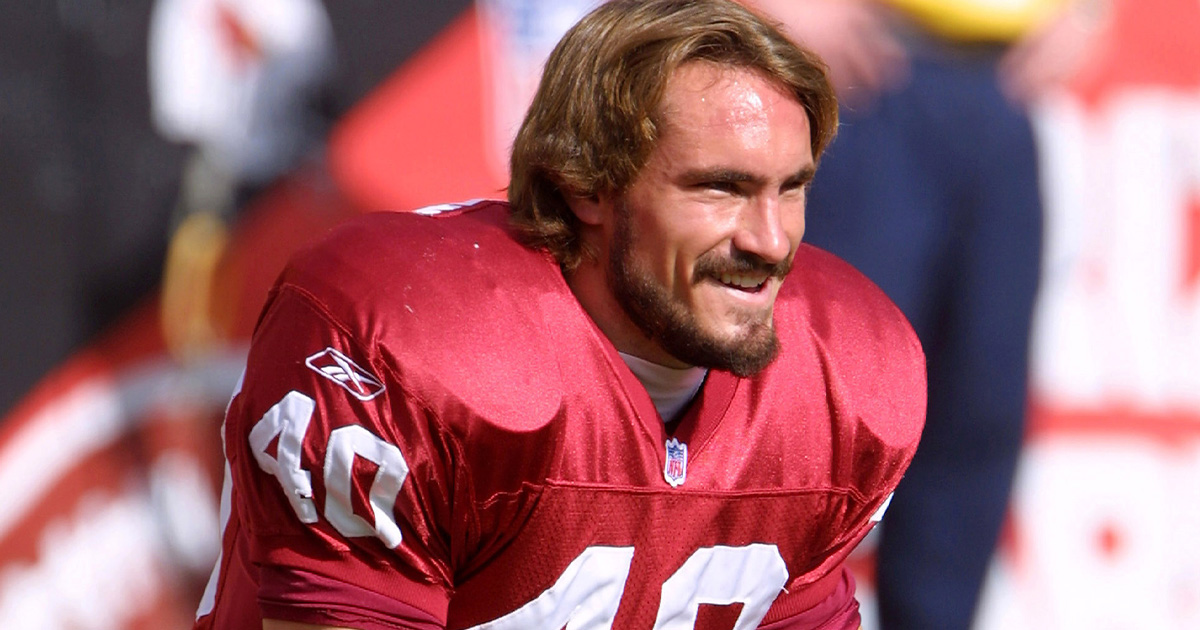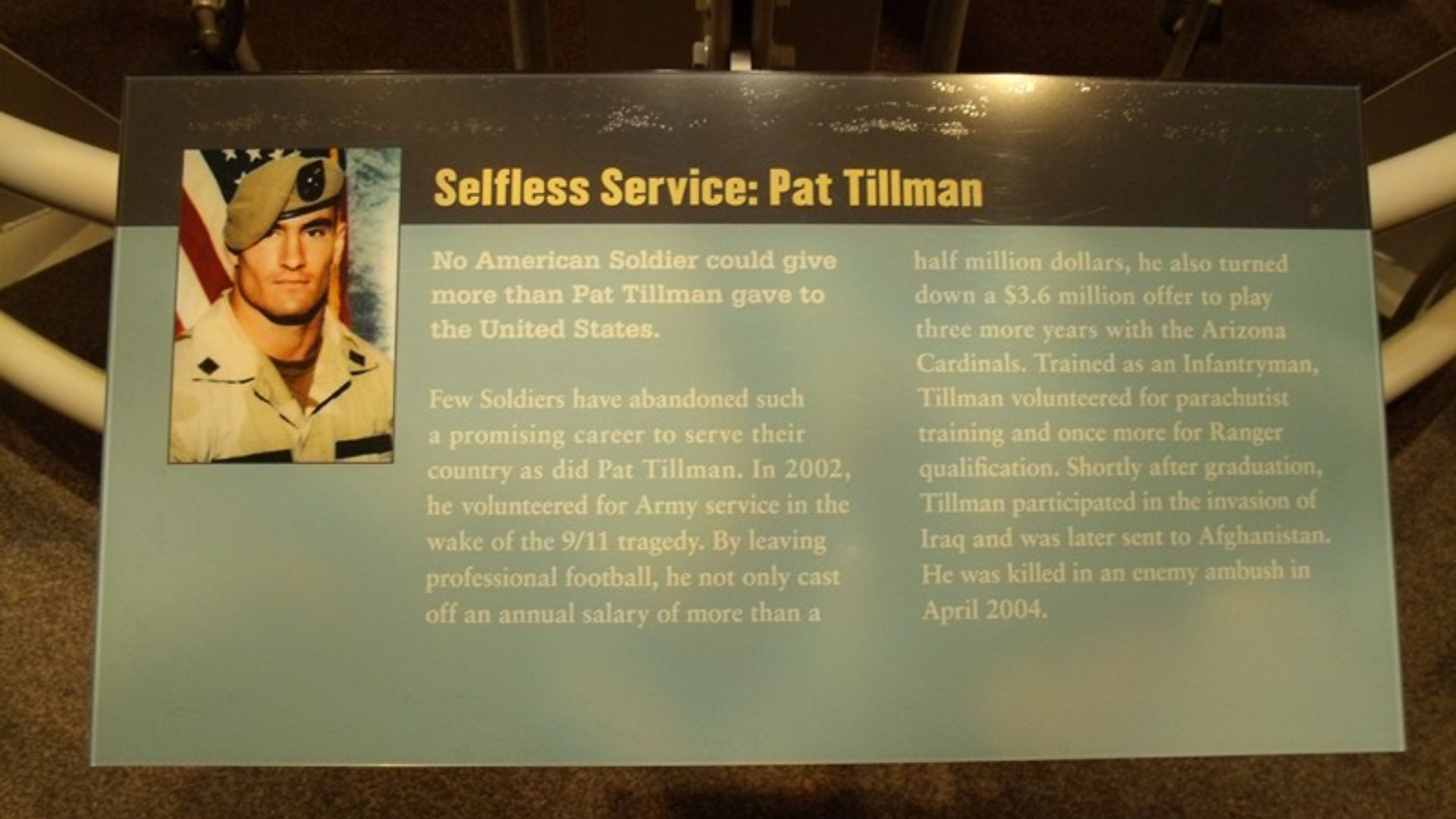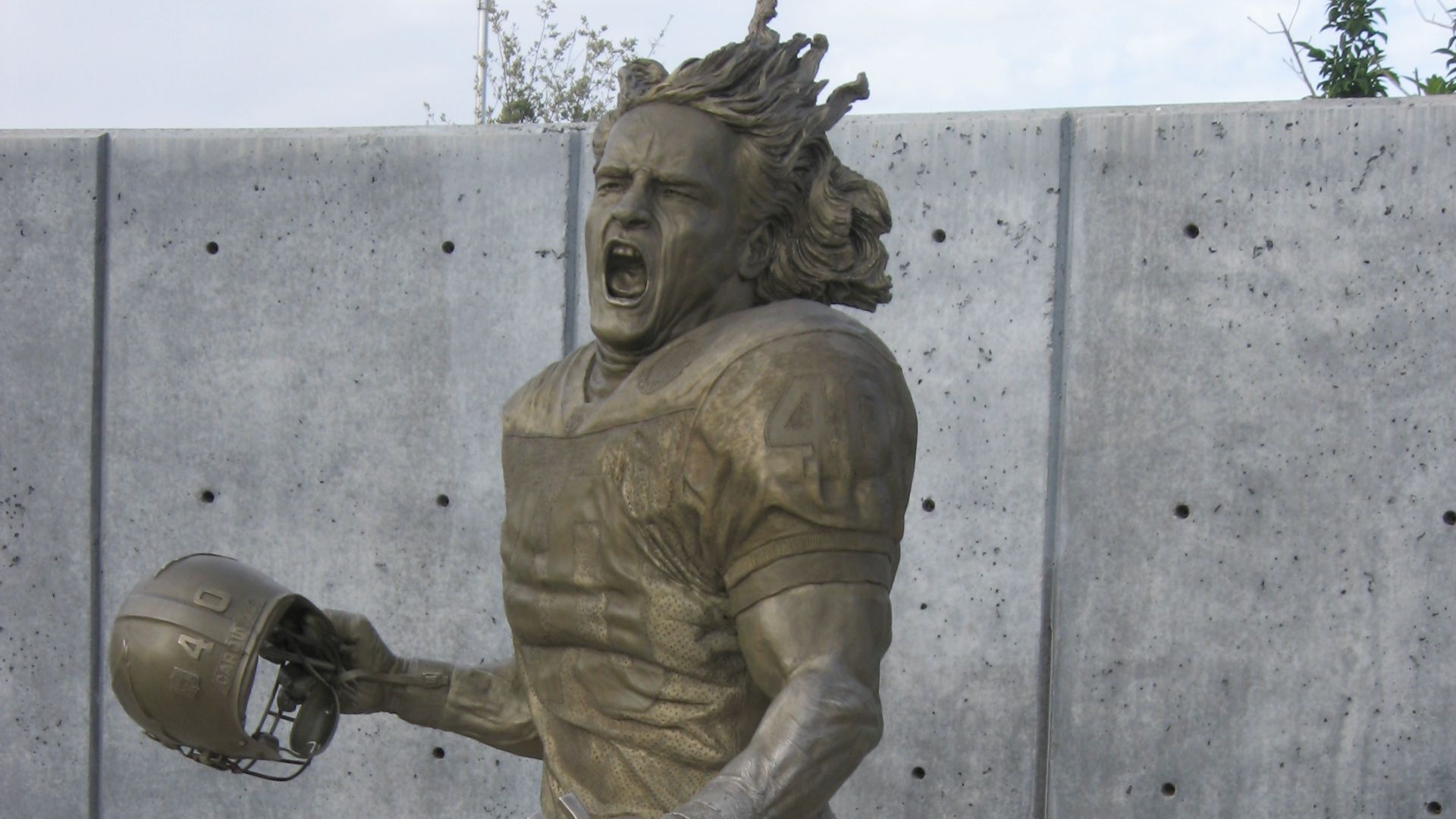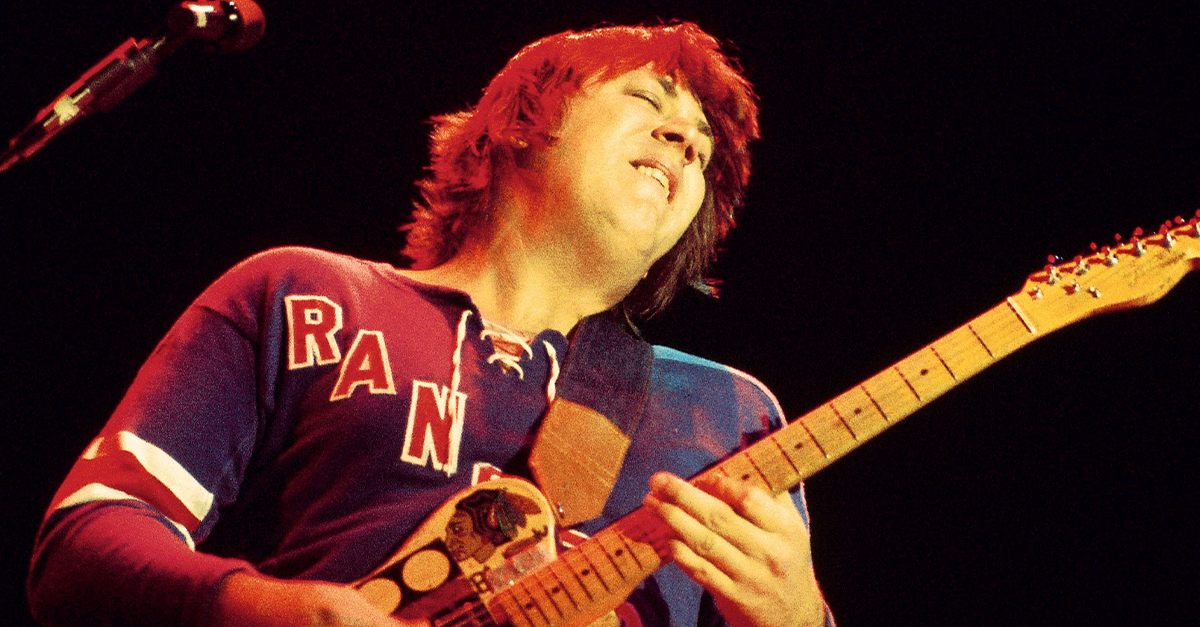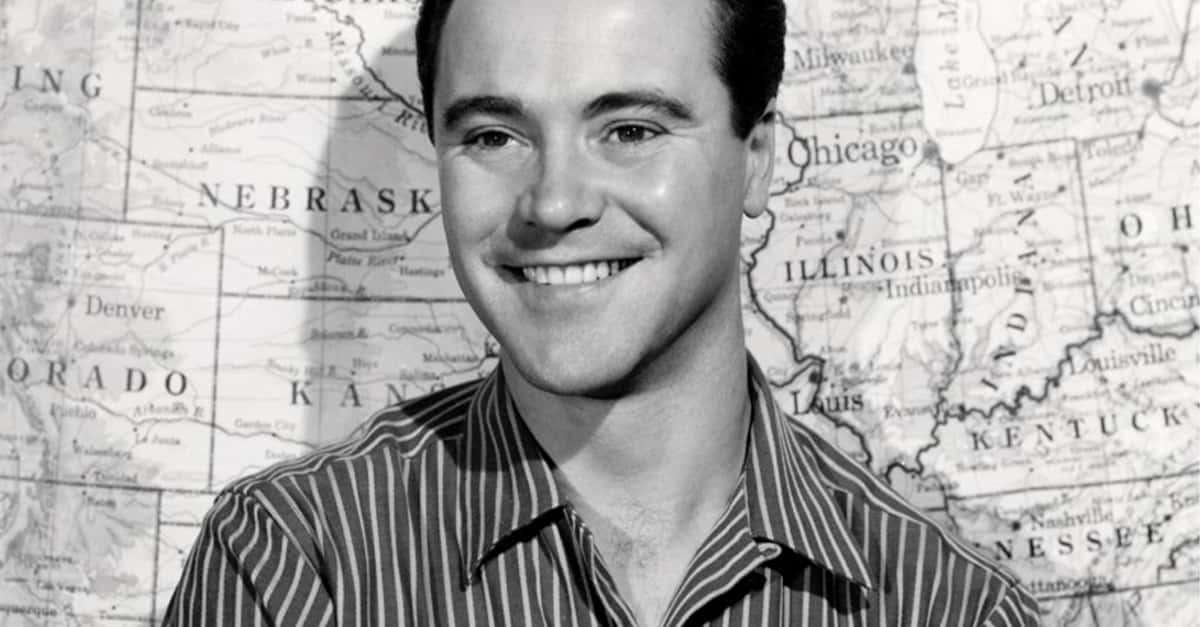The Man Who Walked Away From Glory
Patrick Daniel Tillman Jr was born on November 6, 1976, in Fremont, California. Even as a kid, he was intense — competitive, curious, and stubborn in the best way. Teachers remembered him as the boy who challenged everything, not to be difficult, but because he actually wanted to understand the world. “He was wired differently,” his high school coach once said. “You could feel it.”
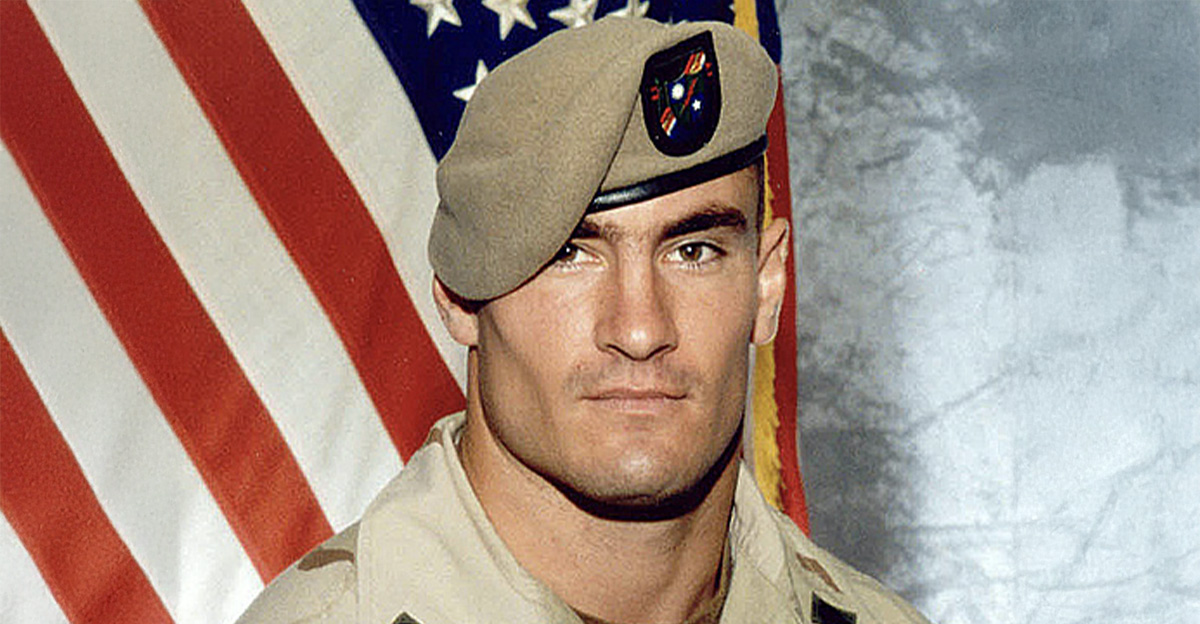
The Undersized Player Who Refused to Quit
Pat loved football, but he wasn’t built like the usual stars. He was too short, too light, and supposedly too slow. But he had something scouts couldn’t measure: grit. At Arizona State University, he won teammates over instantly with his relentlessness. He studied harder than anyone, trained longer than anyone, and played like every down was a championship.
Rising at Arizona State
In 1996, Pat led ASU to an undefeated season and the Rose Bowl. His tackling was fearless, his instincts razor-sharp. Coaches later said they’d never coached a player with so much discipline. “He was the real deal,” ASU coach Bruce Snyder said. “A warrior with a scholar’s brain.”
Entering the NFL the Hard Way
Pat was drafted by the Arizona Cardinals in the 7th round — practically an afterthought. But just like always, he proved people wrong. As a rookie safety, he became a fan favorite. He hit hard, ran harder, and played every play like he had something to prove. The Cardinals called him “the guy who never stopped.”
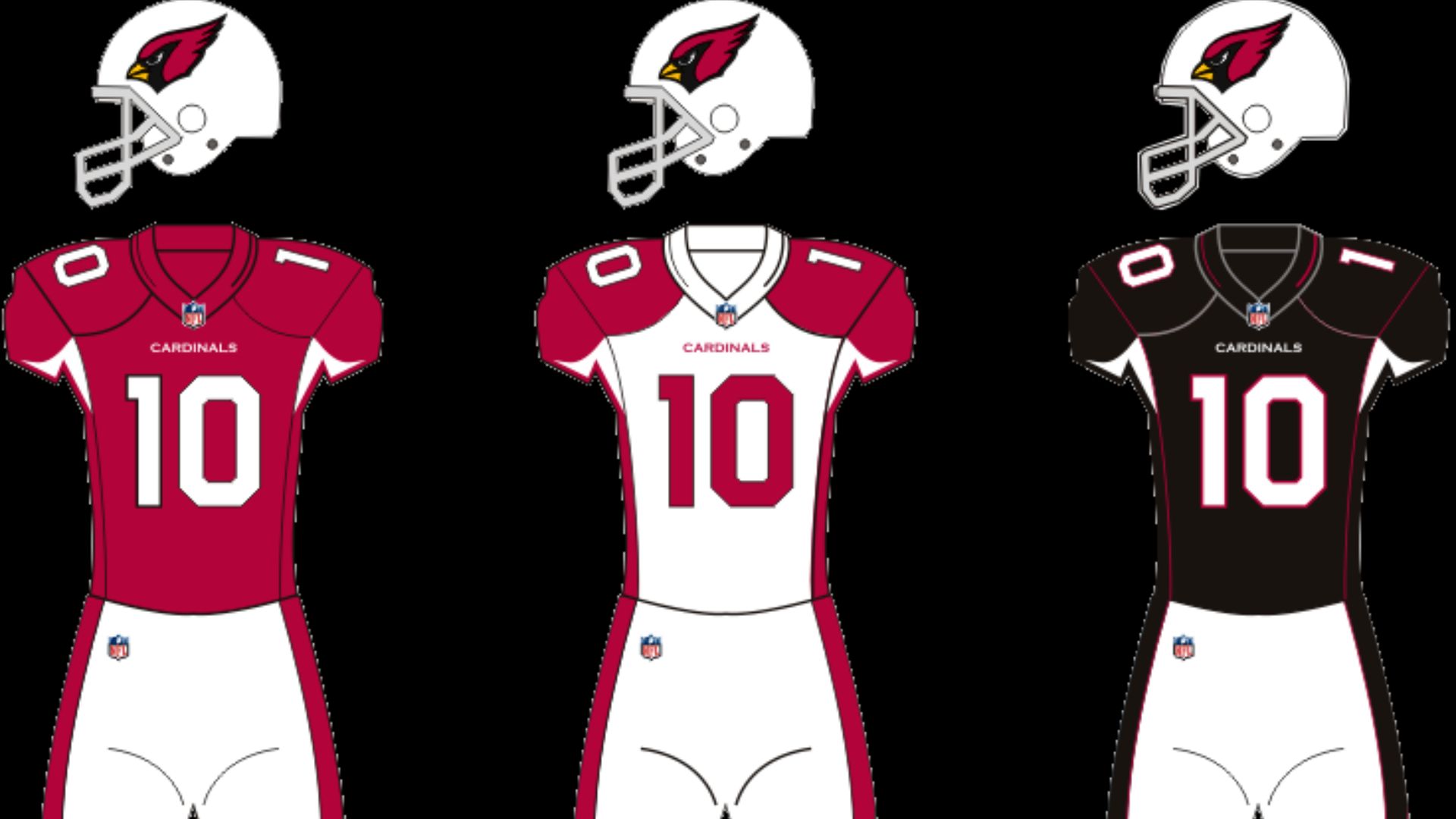 Arizona Cardinals (logo and uniforms) Fernando Martello (vector graphics image), Wikimedia Commons
Arizona Cardinals (logo and uniforms) Fernando Martello (vector graphics image), Wikimedia Commons
Loyalty Above Fame
In 2001, the St Louis Rams offered Pat a 5-year, $9 million contract. He turned it down — immediately. He chose loyalty over money, staying with the Cardinals for a fraction of the pay. “I’m happy here,” he told them. “Money isn’t everything.” His teammates couldn’t believe it, but it was classic Pat: he lived by his values, not his bank account.
A Nation Changes — and So Does Pat
After the September 11 attacks, Pat felt something shift. He said little publicly, but privately he wrestled with the idea of purpose. “You only get one life,” he told a friend. “And you’ve got to do something that matters.” He began reading philosophy, studying world events, and challenging his own assumptions.
The Decision That Shocked the Sports World
In May 2002, Pat Tillman walked away from the NFL. He turned down millions to enlist in the US Army with his brother Kevin. No press conference. No attention. Just two brothers walking into a recruiting office. When reporters tried to pry, Pat said only, “I’m no more important than anyone else who fights.”
A Soldier Who Refused Special Treatment
The Army tried to use him as a poster boy, but Pat wouldn’t have it. He refused to do interviews. He refused to be fast-tracked. He insisted on being treated like any other soldier. He shaved his famous long hair, quietly, without ceremony. His drill sergeants later said, “He never asked for one thing. Not one.”
Ranger School and a New Brotherhood
Pat trained relentlessly, just as he did in football. He completed the elite Ranger School and deployed overseas. Fellow soldiers said he never acted like a former NFL star. “He carried the same weight we did,” Specialist Russell Baer said. “He suffered with us. He bled with us.”
 Chip Somodevilla, Getty Images
Chip Somodevilla, Getty Images
Serving in Iraq
Pat’s first deployment was in Iraq. He wrote in journals about the moral complexities of war, trying to reconcile his patriotic duty with his deep sense of humanity. He questioned everything — including himself. But through it all, he never abandoned his fellow soldiers.
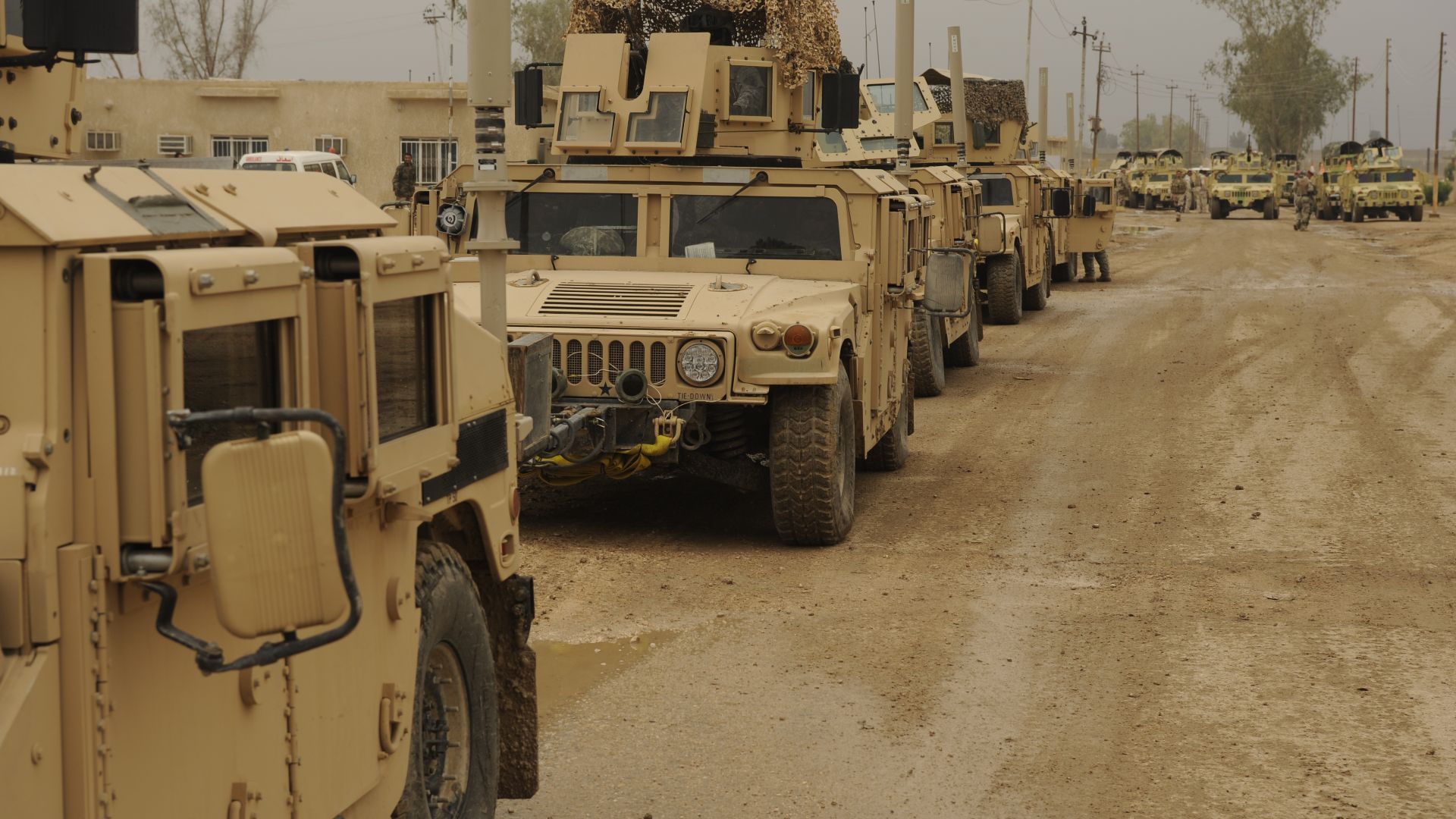 Senior Airman Eric Harris, Wikimedia Commons
Senior Airman Eric Harris, Wikimedia Commons
A Quiet Man in a Loud World
Even deployed, Pat avoided attention. When a reporter found his unit, Pat slipped into the background, hoping not to be recognized. He simply didn’t want his service to be about celebrity. It was about something much bigger — sacrifice, brotherhood, and duty.
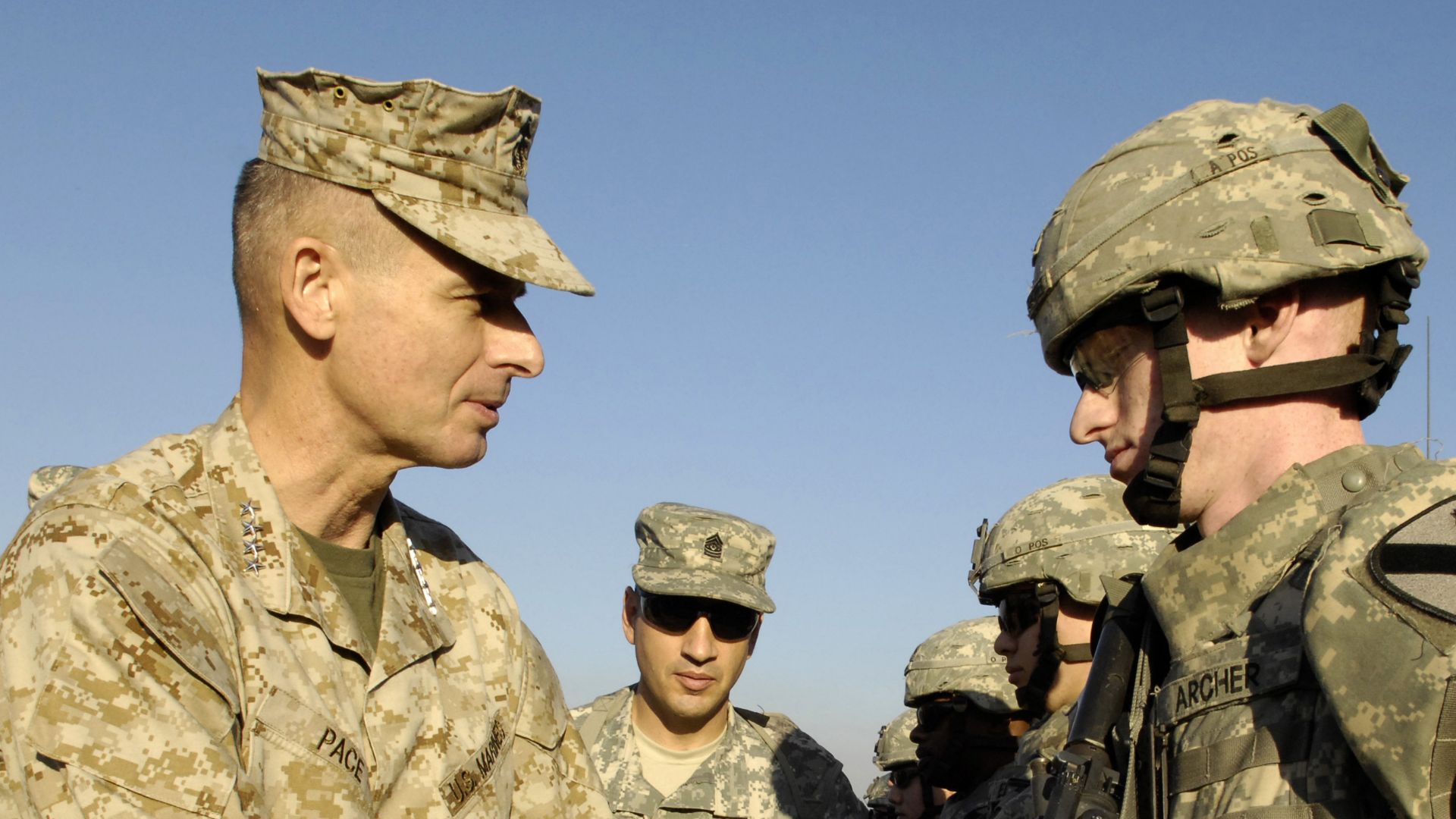 DoD photo by Cherie A. Thurlby., Wikimedia Commons
DoD photo by Cherie A. Thurlby., Wikimedia Commons
Returning to Afghanistan
In 2004, Pat deployed to Afghanistan. Those who served with him said he was calm, focused, and fiercely protective. In letters home, he wrote about the beauty of the mountains, the harshness of the conflict, and how much he missed his wife, Marie. He asked for no praise. He wanted only to serve well.
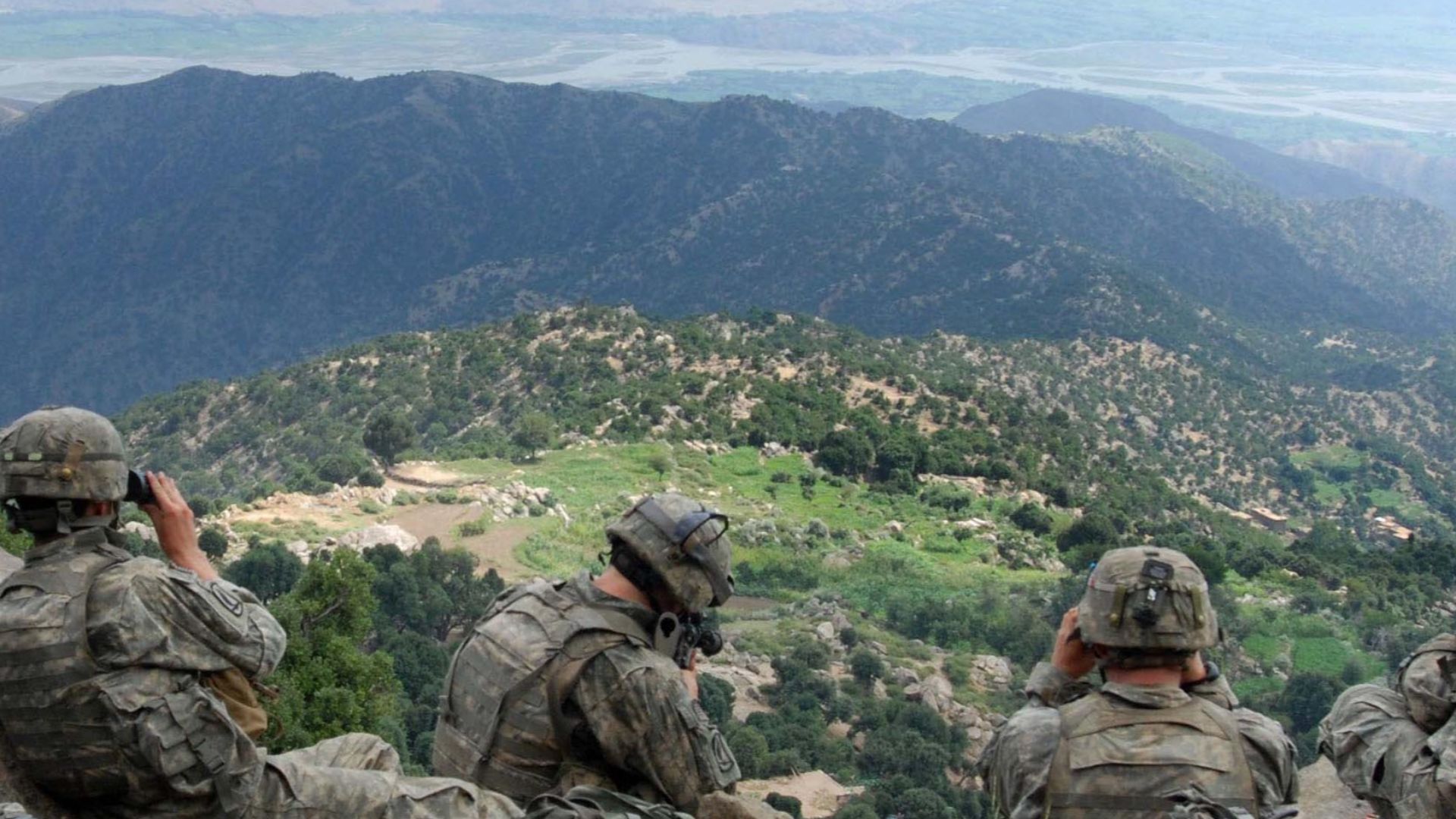 Staff Sgt. Brandon Aird, 173rd ABCT PAO, Wikimedia Commons
Staff Sgt. Brandon Aird, 173rd ABCT PAO, Wikimedia Commons
A Hero’s Final Mission
On April 22, 2004, Pat Tillman was killed during an operation near the Pakistan border. The first reports called it enemy fire. Fellow soldiers later revealed the heartbreaking truth: Pat had been killed by friendly fire during a chaotic firefight. His last words were urging his men to stay low — protecting them until his final breath.
 David Paul Morris, Getty Images
David Paul Morris, Getty Images
Plans of Going Home
Just hours before his death, Pat had spoken to his platoon about getting home, about plans with Marie, about the life he'd return to. He had no idea how little time he had left. Pat moved through those final hours unaware of the tragedy coming.
The World Learns the Truth
The announcement of his death devastated the sports world, the military, and millions who admired him. Even after the truth emerged about friendly fire, Pat’s legacy of courage endured. “He didn’t die a football player,” his brother Kevin said. “He died a soldier.”
The Man Behind the Myth
More than a football star, more than a soldier, Pat Tillman was a thinker — someone who challenged everything, including himself. He questioned war, politics, faith, purpose. He was complex, intense, stubborn, and deeply human. Those who knew him remembered his loyalty — and his heart.
 David Paul Morris, Getty Images
David Paul Morris, Getty Images
A Legacy of Integrity
The Pat Tillman Foundation was created to support veterans and their families, carrying on the values he lived by: service, leadership, and truth. Thousands of scholars have built their lives with his example in mind. “Pat’s story is about courage,” one scholar said. “But also about conscience.”
Walking Away from Fame
Pat Tillman’s life will always be defined by the moment he made a choice few could imagine: walking away from the NFL, millions of dollars, and global fame to fight for something he believed mattered more. It wasn’t about politics or image. It was about conviction.
His Final Hours
Pat was 27 years old when he died. He had already lived three lives — athlete, intellectual, soldier. But in his final hours, he was simply a man protecting his brothers. And that, in the end, was who he always was.
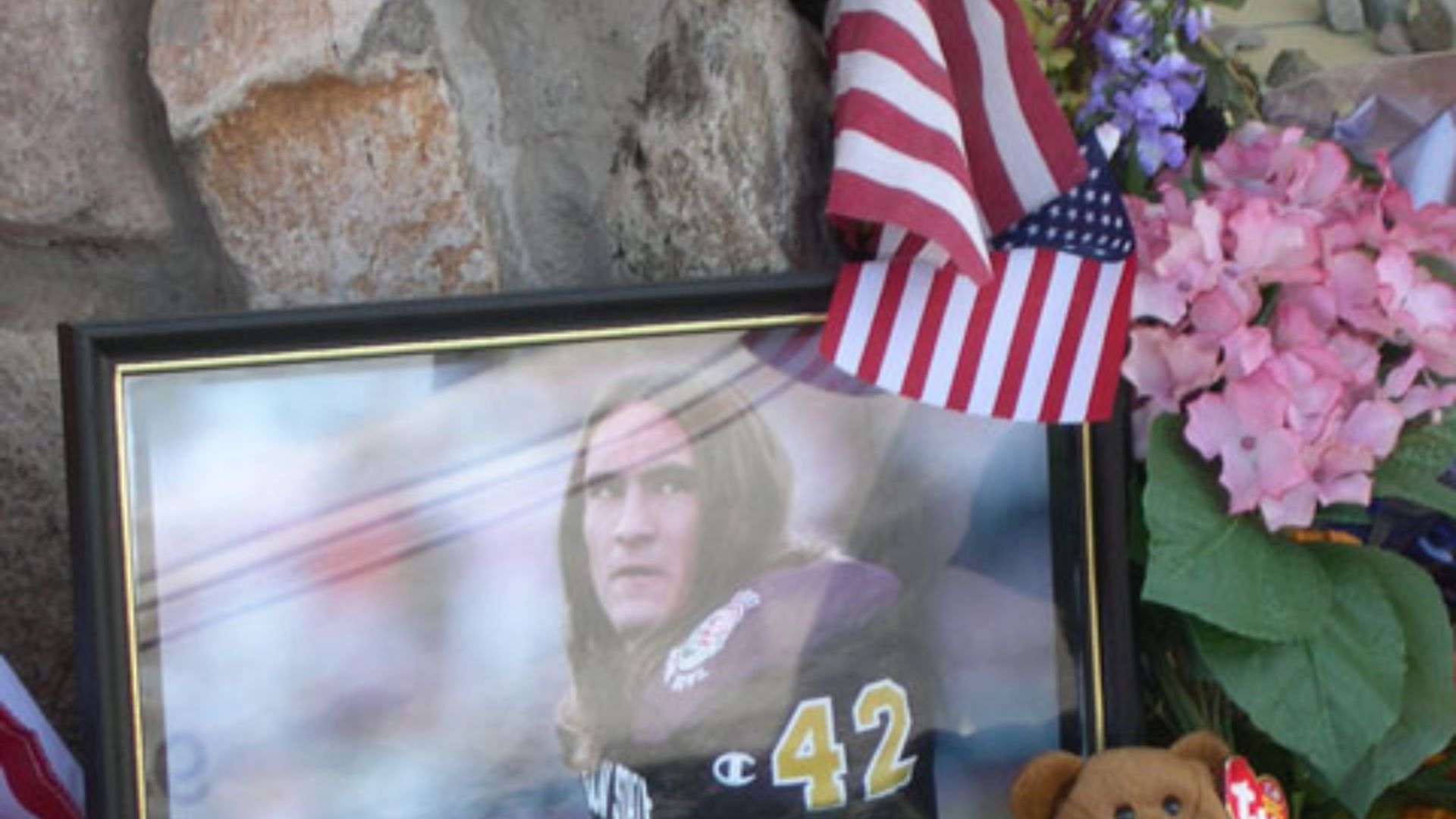 James Fee / Cageyjames at en.wikipedia, Wikimedia Commons
James Fee / Cageyjames at en.wikipedia, Wikimedia Commons
The Legacy That Lives On
Pat Tillman’s death was tragic, but his life remains a testament to courage, independence, and integrity. “He was the best of us,” one Ranger said. His journey from NFL star to Army Ranger continues to inspire millions — a reminder that real heroism is built on choices, not headlines.
You May Also Like:

